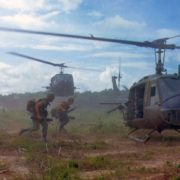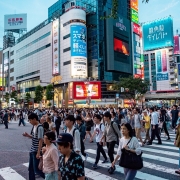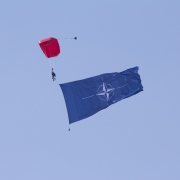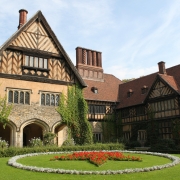What are the UN Reforms?
Topic of Study [For H2 History Students]:
Paper 1: Safeguarding International Peace and Security
Section B: Essay Writing
Theme III Chapter 2: Political Effectiveness of the UN in maintaining international peace and security
Obstacles that affected the United Nations (UN)
In the previous article, we have examined how the conceptualization of peacekeeping was essential in enhancing the United Nations’ role in maintaining international peace and security. Although such efforts are noteworthy, the UN encountered several impediments that hampered its functions.
Challenge #1: Operational Constraints
Given that the UN is an international organization that functions on the basis of cooperation by member states, these individual countries are expected to contribute troops and finances to enable the deployment of peacekeeping forces.
However, voluntary contribution is problematic as every member state is guided by political interests. This issue was even more severe during the Cold War as ideological interests shaped the decisions of superpowers and affected the availability of operational support. Examples include the Congo Crisis, Somali Civil War and Rwandan Genocide.
“An Agenda for Peace” Report
Fortunately, some of the UN Secretary-Generals (UNSGs) have exercised their independence and engaged in innovative attempts to reform the peacekeeping aspect. In 1992, the Egyptian UNSG Boutros Boutros-Ghali submitted the report titled “An Agenda for Peace: Preventive diplomacy, peacemaking and peace-keeping”.
In this report, Boutros-Ghali proposed how the United Nations should respond to conflicts in the post-Cold War era. In particular, the Department of Peacekeeping Operations (DPKO) was established in the same year to streamline and manage peacekeeping operations effectively. For instance, the United Nations Standby Arrangements System (UNSAS) was formed to provide military forces that are capable of deploying in a short span of time to manage threats to international peace and security.
Challenge #2: Great Power Politics
With reference to the featured video in the above, great power politics have been a persistent obstacle that impeded the functioning of the United Nations Security Council (UNSC).
Some critics have claimed that the membership of the Permanent Five in the UNSC is outdated and irrelevant in the modern world. For example, there is over-representation of Europe, while other regions are not, such as Asia and Africa. In 2013, South African President Jacob Zuma expressed similar sentiments, arguing that the UNSC was ‘outdated’ and ‘undemocratic’.
The prime concern was the veto power, which challenges the democratic principles enshrined in the UN Charter. Again, the Cold War rivalry was known to create frequent political deadlocks within the UNSC. Superpowers were known to exercise the veto to block UN action should the UN response be perceived as a threat to their ideological interests. Examples include the Hungarian Revolution (1956), Soviet invasion of Afghanistan (1979) and the US invasion of Grenada (1983).
Veto Reforms
With regards to this contentious issue, some of the member states have supported the proposal of abolishing the veto. Yet, such an approach was unrealistic, given that any amendment to the UN Charter required complete consensus from the Permanent Five (P5). Furthermore, some of the P5 members have disagreed with the abolishment.
Others suggested a less extreme reform, such as the consideration of a ‘veto restraint’. This mean that the P5 UNSC would accept self-imposed restrictions without having to amend the Charter. The intention was to enable the freer changes in the membership and appointment of the UNSG. Again, these efforts were met with limited success.
Conclusion
From the above-mentioned reforms, we can conclude that there are several obstacles that limit the functioning of the United Nations, such as operational constraints and the outdated Security Council structure. Although the progress of UN reforms was constrained by the reluctance of some member states to comply, we should acknowledge these efforts to keeping the organization relevant in the 21st Century.
What can we learn from this article?
Consider the following questions to understand the topic:
– Assess the effectiveness of the United Nations reforms to maintain international peace and security. [to be discussed in class].
The H2 and H1 History Tuition feature online discussion and writing practices to enhance your knowledge application skills. Get useful study notes and clarify your doubts on the subject with the tutor. You can also follow our Telegram Channel to get useful updates.
We have other JC tuition classes, such as JC Math Tuition and JC Chemistry Tuition. For Secondary Tuition, we provide Secondary English Tuition, Secondary Math tuition, Secondary Chemistry Tuition, Social Studies Tuition, Geography, History Tuition and Secondary Economics Tuition. For Primary Tuition, we have Primary English, Math and Science Tuition. Call 9658 5789 to find out more.











